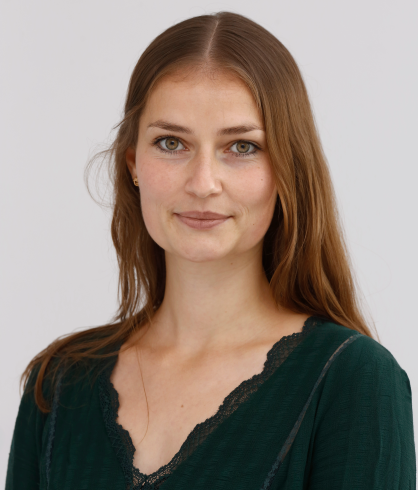Abstract
According to the individual-difference model, individuals differ in the way stress changes their eating behaviour. Research shows that some increase, some decrease, and others show no change in food intake. Despite numerous efforts to identify moderating variables that explain these individual (i.e., between-person) differences, evidence remains inconclusive. The present study aims at deepening the understanding of the stress and eating relationship by applying ecological momentary assessment to study (1) the influence of stress on whether and how much individuals eat and (2) the moderating role of gender, age, BMI, trait stress-eating, and eating styles. The APPetite-mobile-app was used for 3 days to capture actual food intake (event-contingent) and perceived stress (signal-contingent). Data of 154 healthy adults suggest that stress is not associated with whether but how much individuals eat. Only gender moderated the relationship between stress and the amount of food intake. Individual differences were small indicating that an individual’s dietary response to stress might not be as stable as yet assumed. Moreover, a study suggests that time-varying factors (e.g., food availability) moderate the stress and eating relationship. Hence, intraindividual (i.e., within-person) variability may be relevant. Therefore, we propose an expansion of the individual-difference model, which accounts for time-varying factors.
Public information
Title:
Individual differences in the dietary response to stress in ecological momentary assessment: Does the individual-difference model need expansion?
Authors:
Alea Ruf, Andreas B. Neubauer, Elena D. Koch, Ulrich Ebner-Priemer, Andreas Reif and Silke Matura
Journal:
Applied Psychology: Health And Well-Being
Year:
2022
Url:
